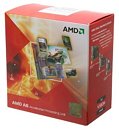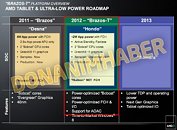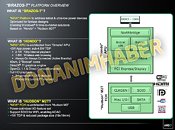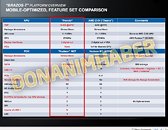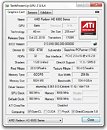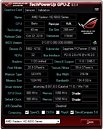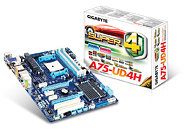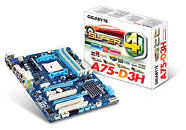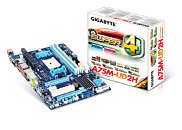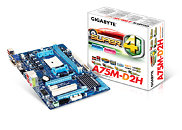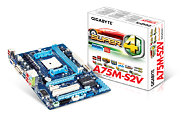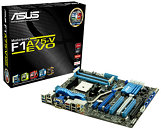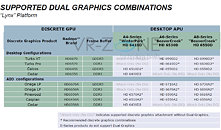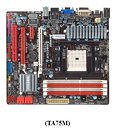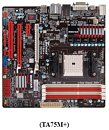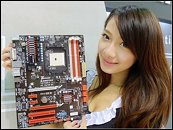
A8-3850 Has Ineffective BClk Multiplier
"Empty Overclocking" is a term we just made up, to describe unreal overclocking headroom that does not translate into any performance improvements, with AMD's A8-3850 APU. This chip can be set to run at base clock multiplier value above 29x on some motherboards, that will increase clock speed being reported to you, but that "increased" clock speed will not translate to any performance improvements at all.
This means that the multiplier is ineffective in driving the clock above its maximum default value. So the next time you see screenshots screaming something like "6.00 GHz" on air with the base clock at its default 100 MHz, don't be fooled, trust only those overclocking feats in which the multiplier is set at the maximum default (29.0x) or lesser, and in which the overclocker has increased the base clock among other things.Update: It seems like AMD is aware of the issue, and forewarned reviewers about it. Apparently a glitch in the BIOS code allows the users to "set" higher multiplier values than the chip can respond to, even as the chip doesn't run at those values. Utilities like CPU-Z read those BIOS-set values and display the effective clock speed, even as the actual clock speed doesn't budge. AMD recommends only the base clock increase method for overclocking. As always, AMD warned that overclocked chips are not covered by product warranties. Perhaps future BIOS updates by motherboard vendors will fix this bug.
This means that the multiplier is ineffective in driving the clock above its maximum default value. So the next time you see screenshots screaming something like "6.00 GHz" on air with the base clock at its default 100 MHz, don't be fooled, trust only those overclocking feats in which the multiplier is set at the maximum default (29.0x) or lesser, and in which the overclocker has increased the base clock among other things.Update: It seems like AMD is aware of the issue, and forewarned reviewers about it. Apparently a glitch in the BIOS code allows the users to "set" higher multiplier values than the chip can respond to, even as the chip doesn't run at those values. Utilities like CPU-Z read those BIOS-set values and display the effective clock speed, even as the actual clock speed doesn't budge. AMD recommends only the base clock increase method for overclocking. As always, AMD warned that overclocked chips are not covered by product warranties. Perhaps future BIOS updates by motherboard vendors will fix this bug.
